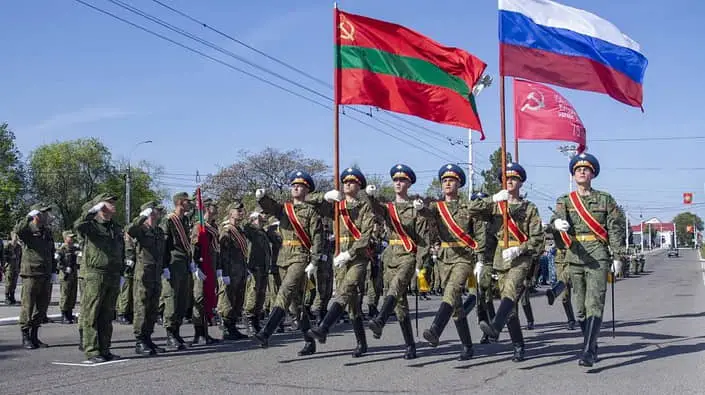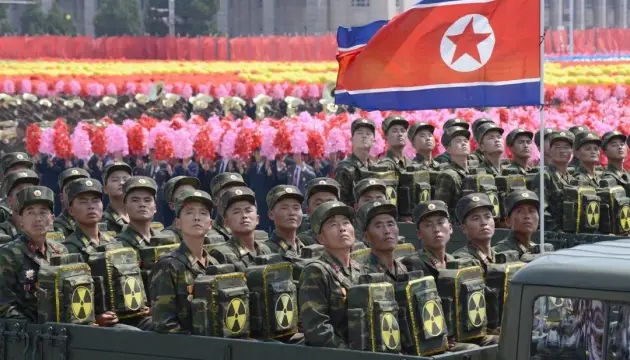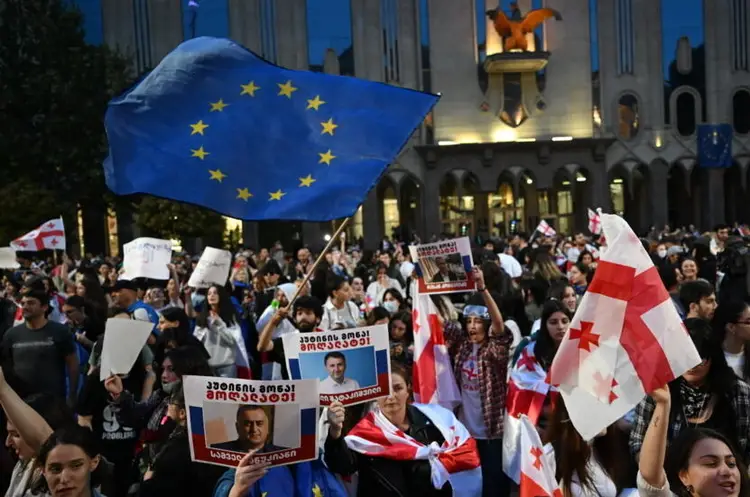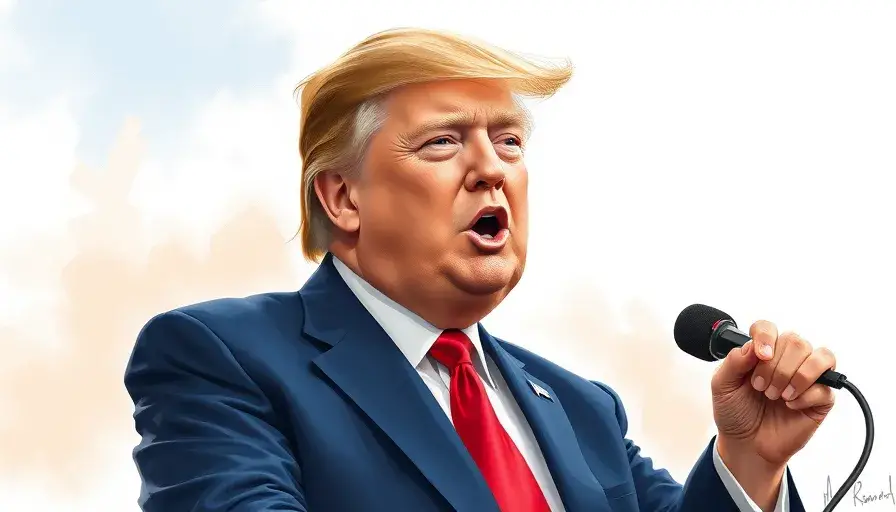Will Navalny's death be the end of the "russian opposition" and whether there was such an opposition at all
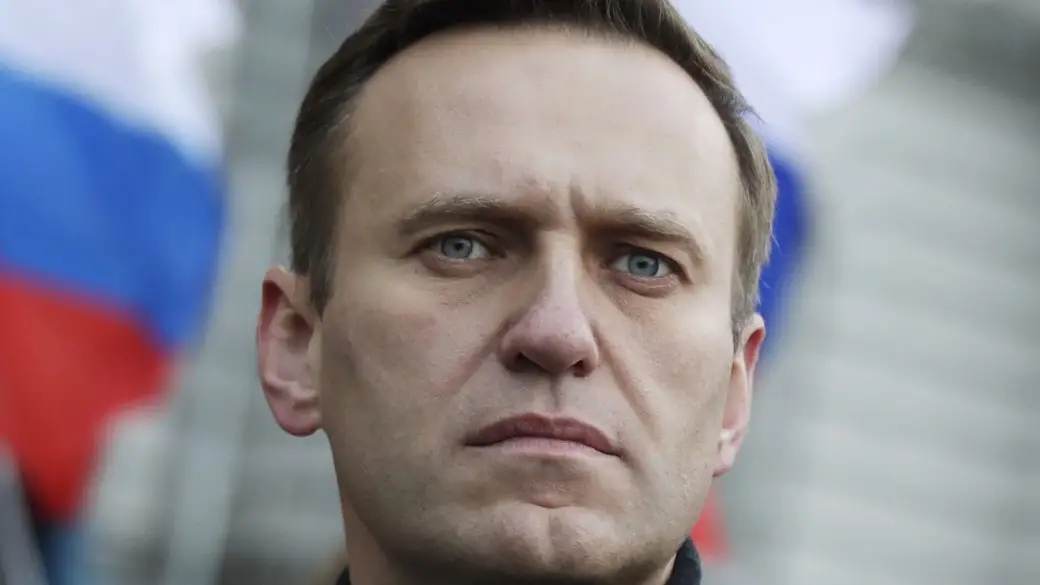
How will the death of russia's main opposition leader affect the presidential election in russia?
On February 16, russian so-called opposition leader Alexei Navalny died, according to the Federal Penitentiary Service for the region, in penal colony No. 3 after a walk. Navalny's team claims that they currently have no confirmation of the oppositionist's death, and their lawyer is flying to Kharp to get to the colony.
According to the information from the Federal Penitentiary Service, " On February 16, 2024, in Penal Colony No. 3, convicted prisoner Alexei Navalny felt unwell after a walk, almost immediately fainting. The medical staff of the institution immediately arrived, and an ambulance was called. All the necessary resuscitation measures were taken, but were ultimately unsuccessful. The paramedics pronounced the convict dead. The cause of death is being established."
Most of the world's media reacted to this message, calling Navalny the most famous and influential russian opposition leader.
Alexei Navalny was 47 years old. He was a systematic critic of russian President vladimir putin's policies and founded the Anti-Corruption Foundation (ACF) in 2012. This fund has conducted hundreds of detailed investigations into the illicit enrichment of russian oligarchs, government officials, heads of state-owned companies and President putin himself.
After an attempt to poison Alexei Navalny with a nerve agent, he survived and later returned to russia in January 2021. However, he was detained at the airport. After trials and new charges, which the opposition figure rejected and considered politically motivated, he was imprisoned.
Navalny became known for actively criticizing corruption at all levels of government in russia, and was one of the few in the russian political landscape who criticized the ruling United russia party and organized mass rallies. Therefore, when a criminal case was opened against him in May 2011, many foreign media outlets called the decision politically motivated. This further legitimized him as an opposition leader in the eyes of the Western audience.
Navalny, together with his supporters, conducted a number of high-profile investigations, the most popular of which were:
"He is not a Dimon. Palaces, yachts, vineyards - the secret empire of dmitry medvedev."
"The Seagull". An investigation dedicated to russian Prosecutor General yuri chaika.
"The classified billions of Prime Minister mishustin."
In general, the Anti-Corruption Action Fund has created hundreds of high-profile video investigations, with the largest number of views for the video about putin's palace in Crimea.
Thus, in the eyes of world political leaders, media and ordinary citizens, Navalny was seen as a figure who could successfully replace putin as president, and his supporters were supposed to be the ones who would form a new ruling coalition. But this was and will remain only a dream that is shattered by reality. And the reality is that the opposition must be systemic. In order for the opposition to be real, and not just demonstrative, it must have its own political parties, representation in the government, and people who could "take over" if the current leaders of the state lose. The opposition should have party branches, experienced managers, and various centers of influence, and for all this to function properly, it needs a kind of democracy, and russia does not have all this.
Navalny's figure appeared on the political scene when the russian pro-government forces completely marginalized the opposition in russia. For most russians, the opposition was branded as demshiza (Democratic schizophrenics - Ed.) and liberalists.
The Internet has definitions of these terms:
Liberastyea is a word that combines the terms "liberalism" and "pederasty" (a derogatory term for homosexuality). It is commonly used to describe people who support liberal views, especially in the areas of human rights or gender equality, in an offensive way.
Demshiza is a word formed from the combination of the terms "democracy" and "schizophrenia". It is used to ridicule or criticize people who support democratic ideas, or to refer to what they consider to be unjustified extremism in democratic beliefs.
This was all developed in order to show russians that there are no other real candidates for power in russia besides putin and United russia. So Navalny's death, almost exactly one month before the presidential elections in russia, is simply a reminder to the entire civilized world that the putin regime in russia is monolithic, and the rest of the political situation in the country is so weak that it cannot put forward any real candidate.


